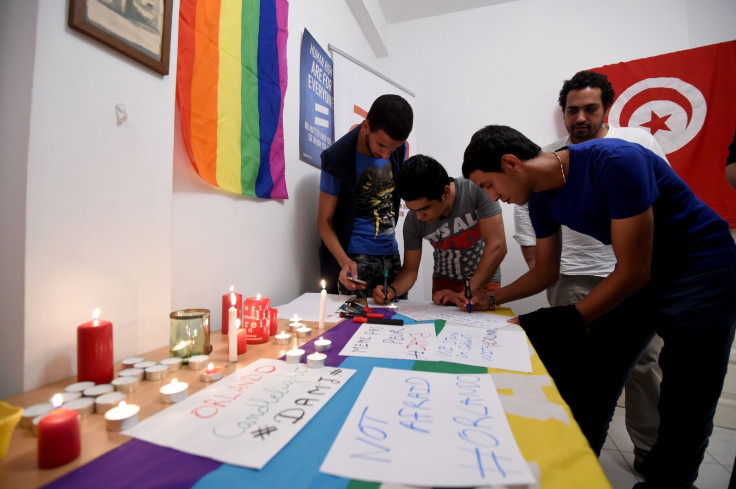Tunisia doctors urged to stop forced anal examinations to 'prove' homosexuality
A medical watchdog in Tunisia has called for doctors to cease the 'degrading' practice.

In a first, a medical watchdog in Tunisia has called for doctors to cease conducting forced anal and genital examinations of men accused of homosexuality, but a prominent rights group said more needs to be done to end the invasive practice.
Under international law, forced anal examinations are a form of inhuman and degrading treatment that may amount to torture, and they represent rights abuses against lesbian, gay, bisexual, and transgender (LGBT) people. The UN Committee Against Torture condemned the use of anal exams in Tunisia in May 2016.
The National Council of the Medical Order in Tunisia earlier this month issued a statement urging doctors to halt the anal exams, which Human Rights Watch (HRW) describes as "degrading, discriminatory, and unscientific "testing for evidence of homosexual conduct".
For medical practitioners to conduct such exams is a violation of medical ethics, and Tunisia's medical council said that doctors must henceforth inform people that they have the right to refuse the exam.
"Tunisian doctors have taken a courageous step in opposing the use of these torturous exams," said Neela Ghoshal, senior LGBT rights researcher at HRW.
The rights group welcomed the move, but said that the use of these tests should cease altogether, regardless of consent.
"To ensure that forced anal testing in Tunisia ends once and for all, police should stop ordering the exams, and courts should refuse to admit the results into evidence."
What are forced anal exams?
These exams, based on discredited 19th century science, usually involve doctors or other medical personnel forcibly inserting their fingers, and sometimes other objects, into the anus of the accused.
The law enforcement officials who order the exams claim that, based on the tone of the anal sphincter or the shape of the anus, one can draw conclusions as to whether the accused person has engaged in homosexual conduct.
Forensic experts reject such a claim.
"Under international law, if the exams involve any form of unwanted penetration, they constitute sexual assault and possibly rape," HRW says.
Tunisia is one of several countries in which HRW has documented the use of forced anal examinations in the last six years.
At least seven men accused of sodomy under article 230 of Tunisia's penal code were subjected to anal exams in the towns of Sousse and Kairouan in 2015.
According to HRW, several of the victims described the forced anal exams as akin to rape. One 22-year-old student from Kairouan said: "I felt like I was an animal, because I felt like I didn't have any respect. I felt like they were violating me. I feel that up to now."
The humiliating practice is carried out in Cameroon, Egypt, Kenya, Lebanon, Turkmenistan, Uganda, and Zambia. Tanzania also carried out forced anal exams on suspected gay men in Zanzibar in December 2016.
"It is time for the world to say a resounding no to the use of forced anal exams everywhere," Ghoshal said. "It is encouraging to see Tunisia's doctors leading the way. Medical councils around the world, as well as law enforcement agencies and other government bodies, should take their cue from this example."
© Copyright IBTimes 2025. All rights reserved.






















